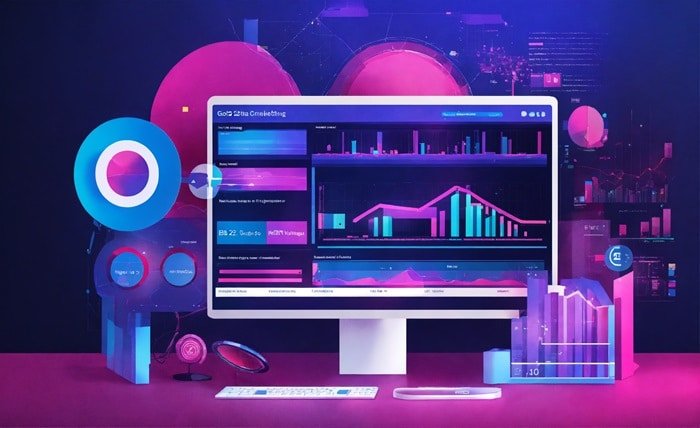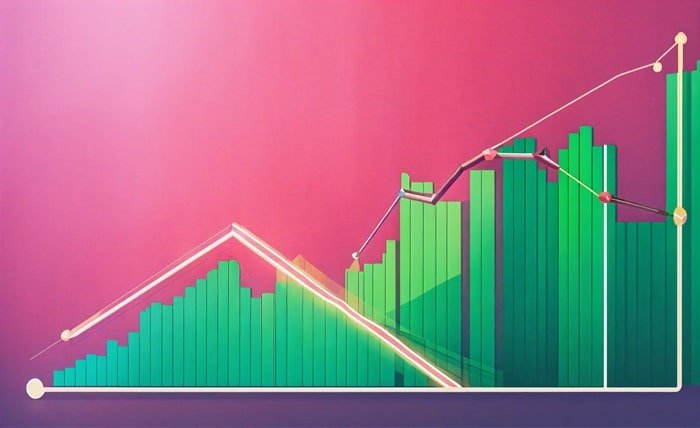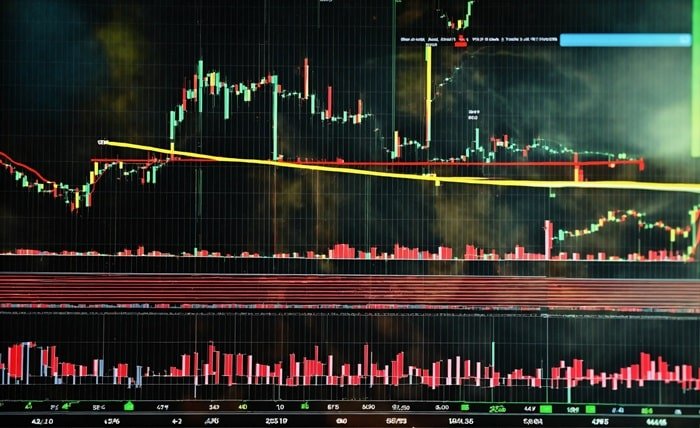The world of Forex trading thrives on a foundation of powerful platforms. With a plethora of options available, selecting the “best” Forex trading platform can be daunting. This blog post equips you to navigate this decision. We’ll explore key factors to consider, highlight features relevant to both beginners and advanced traders and guide you toward finding the platform that aligns perfectly with your trading style and needs.
Beyond the Interface: Key Factors to Consider
Choosing a Forex trading platform goes beyond aesthetics. Here are crucial aspects to evaluate:
- Regulation: Ensure the platform is regulated by a reputable financial authority to safeguard your funds and trading activities.
- Asset Selection: Consider the variety of currency pairs and potentially other tradable assets (stocks, commodities) offered by the best forex trading platform.
- Trading Tools and Features: Evaluate the platform’s technical analysis tools (charts, indicators), order types, and advanced features (automated trading, copy trading).
- Spreads and Commissions: Compare the spreads (difference between buy and sell price) and commission fees charged by different platforms.
- Ease of Use: For beginners, a user-friendly interface with educational resources is crucial. Advanced traders might prioritize advanced charting functionalities.
- Customer Support: Reliable and responsive customer support is essential for addressing any technical issues or inquiries.
- Mobile Compatibility: The ability to trade on the go through a mobile app can be a valuable feature for many traders.
Prioritize factors that align with your trading style and experience level.
Beginner-Friendly Features for a Smooth Start
If you’re a new Forex trader, look for platforms offering:
- Intuitive Interface: A user-friendly and easy-to-navigate interface that simplifies order placement and account management.
- Demo Accounts: The ability to practice trading with virtual funds before risking real capital is invaluable for beginners.
- Educational Resources: Access to educational materials, tutorials, and webinars can equip you with the knowledge and skills needed to navigate the Forex market.
- Simple Order Types: Focus on platforms offering basic order types like market orders and limit orders before delving into more complex options.
A supportive platform empowers confident entry into the Forex market.
Advanced Features for Experienced Traders
Seasoned Forex traders might prioritize platforms with:
- Advanced Charting Tools: A wider range of technical indicators, drawing tools, and customizable chart options for in-depth market analysis.
- Automated Trading: The ability to create and deploy algorithmic trading strategies for a more automated approach.
- Copy Trading: The option to copy the trades of successful traders can be a time-saving strategy for some advanced traders.
- Fundamental Analysis Tools: Access to economic data, news feeds, and market research can aid informed decision-making.
Advanced features empower experienced traders to refine their strategies.
Exploring Popular Forex Trading Platforms
While specific recommendations can’t be made due to regulatory restrictions, some popular Forex trading platforms include:
- MetaTrader 4 (MT4) and MetaTrader 5 (MT5)
- cTrader
- NinjaTrader
- Plus500
- eToro (features copy trading)
Research these platforms and others to find the best fit for you.
Conclusion
The “best” Forex trading platform is subjective. By prioritizing the factors outlined above and considering your experience level and trading goals, you’ll be well-equipped to choose the platform that empowers you to navigate the exciting world of Forex trading. Remember, a demo account allows you to explore a platform’s functionalities before committing to real capital. So, take your time, research thoroughly, and select the platform that becomes your weapon of choice in the Forex market.
FAQs (Frequently Asked Questions)
1. Do I need to download software to use a Forex trading platform?
Some platforms offer web-based interfaces accessible through a web browser, while others require software downloads.
2. Are there any free Forex trading platforms?
Many platforms offer demo accounts with virtual funds for practice trading. However, live trading with real capital typically incurs fees.
3. How much does it cost to use a Forex trading platform?
Costs can vary depending on the platform, spreads, commissions, and account types. Always compare fees before choosing a platform.
4. Is it safe to trade Forex online?
Forex trading carries inherent risks. Choose a regulated platform and prioritize education and risk management practices.
5. Can I make money trading Forex?
Forex trading has the




